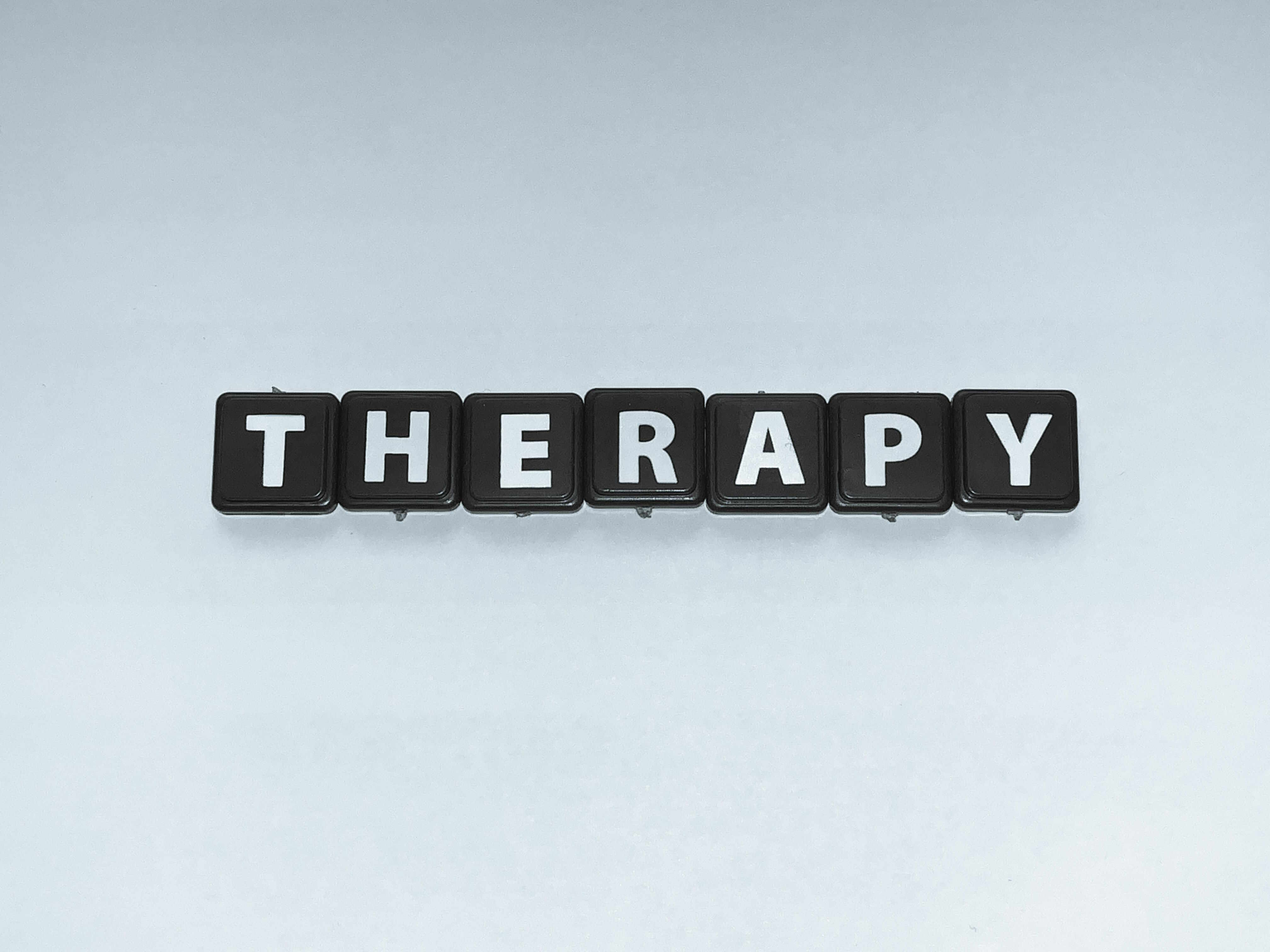Understanding Mental Wellness: Building Awareness in the Digital Age
In today’s fast-moving world, mental wellness has become one of the most important parts of personal success. Many people experience emotional stress, anxiety, or mood changes, often without realizing it. That’s why global awareness campaigns now encourage individuals to explore how they feel and seek balance in healthy, positive ways. Through digital innovation, new platforms are helping people reflect on their emotions, learn more about mental well-being, and find professional support when needed. These tools aren’t about diagnosis — they’re about self-awareness, education, and early understanding. Mental health isn’t a weakness — it’s a foundation of strength. And by using safe, informative, and responsible online resources, everyone can take their first step toward a balanced, confident life.

The landscape of mental health awareness has evolved dramatically in recent years, with digital platforms providing unprecedented access to mental wellness resources. As society becomes more open about discussing mental health, the availability of online screening tools and treatment options has expanded significantly, offering hope and support to millions of people worldwide.
What Makes Online Depression Screening Effective
Online depression screening tools have revolutionized the way people can assess their mental health status. These digital assessments typically include validated questionnaires that evaluate symptoms, mood patterns, and behavioral changes over time. Most reputable screening platforms use clinically-proven instruments like the PHQ-9 or Beck Depression Inventory, ensuring that results provide meaningful insights into an individual’s mental state.
The accessibility of these tools means that people can complete assessments privately and at their own pace, removing many barriers that might prevent someone from seeking help. However, it’s important to understand that online screenings serve as preliminary assessments rather than definitive diagnoses, and professional consultation remains essential for comprehensive evaluation.
How Online Depression Medication Services Work
The emergence of telemedicine has made online depression medication services increasingly popular. These platforms typically connect patients with licensed healthcare providers who can evaluate symptoms, discuss treatment options, and prescribe appropriate medications when necessary. The process usually involves completing detailed health questionnaires, participating in video consultations, and receiving ongoing monitoring and support.
Many online services offer comprehensive care that includes medication management, therapy referrals, and regular check-ins with healthcare providers. This approach can be particularly beneficial for individuals in areas with limited access to mental health professionals or those who prefer the convenience and privacy of remote care.
Finding Depression Treatment Centers in Your Area
While online resources provide valuable support, many people benefit from in-person treatment at specialized facilities. Depression treatment centers offer comprehensive programs that may include individual therapy, group counseling, medication management, and specialized treatments like cognitive behavioral therapy or dialectical behavior therapy.
When searching for local treatment options, consider factors such as the center’s accreditation, treatment approaches offered, staff qualifications, and insurance acceptance. Many centers provide both outpatient and intensive outpatient programs, allowing individuals to receive appropriate care while maintaining their daily responsibilities.
Locating Depression Treatment Services Nearby
Finding quality depression treatment in your local area requires research and consideration of various factors. Start by consulting with your primary care physician, who can provide referrals to trusted mental health professionals and treatment facilities. Insurance provider directories also offer valuable resources for locating covered providers and services.
Community mental health centers often provide sliding-scale fees and comprehensive services for individuals with varying financial circumstances. Additionally, many hospitals and healthcare systems operate behavioral health departments that offer both emergency and ongoing mental health services.
Cost Considerations for Depression Treatment
Understanding the financial aspects of depression treatment helps individuals make informed decisions about their care. Treatment costs vary significantly based on factors such as location, provider type, insurance coverage, and treatment intensity.
| Service Type | Provider | Cost Estimation |
|---|---|---|
| Online Therapy Sessions | BetterHelp, Talkspace | $60-$90 per week |
| Psychiatric Consultation | Local Psychiatrists | $200-$400 per session |
| Outpatient Treatment Programs | Community Mental Health Centers | $100-$300 per day |
| Online Medication Services | Cerebral, Brightside | $85-$325 per month |
| Individual Therapy Sessions | Licensed Therapists | $80-$200 per session |
Prices, rates, or cost estimates mentioned in this article are based on the latest available information but may change over time. Independent research is advised before making financial decisions.
Insurance coverage significantly impacts out-of-pocket costs, with many plans covering mental health services under parity laws. It’s essential to verify coverage details with your insurance provider and understand any copayments, deductibles, or session limits that may apply.
The Future of Digital Mental Health Support
Technology continues to reshape mental health care delivery, with artificial intelligence, mobile apps, and wearable devices providing new ways to monitor and support mental wellness. These innovations complement traditional treatment approaches while making mental health resources more accessible to diverse populations.
The integration of digital tools with conventional therapy and medical care creates comprehensive support systems that can adapt to individual needs and preferences. As these technologies continue to evolve, they promise to make mental health care more personalized, effective, and widely available.
Mental wellness awareness in the digital age represents a significant step forward in addressing depression and other mental health conditions. By combining traditional treatment approaches with innovative digital solutions, individuals have more options than ever to find appropriate support and begin their journey toward better mental health. The key lies in understanding available resources, seeking professional guidance when needed, and taking advantage of the tools and services that best fit individual circumstances and preferences.
This article is for informational purposes only and should not be considered medical advice. Please consult a qualified healthcare professional for personalized guidance and treatment.




